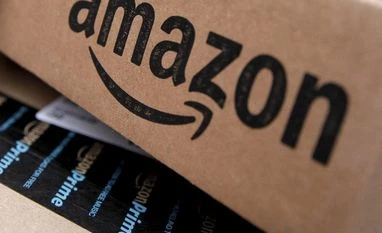The online shopping portal Amazon's algorithms make customers pay more for popular products giving prominence to items that benefit the retail giant, a study by ProPublica said.
ProPublica on Tuesday said it reviewed 250 frequently purchased products over several weeks to see what all were chosen to appear in the highly-priced 'buy box' that pops up first as a suggested purchase.
Amazon that bills itself as the "Earth's most customer-centric company", not only sells products directly itself, but also allows other retailers to sell their own products through its platform.
This means that the same product could be offered by dozens of vendors at different prices and with different shipping costs.
When customers search for and click on a product, the Amazon algorithm chooses one vendor's offer to put in the buy box.
Having product in this buy box offers a major advantage for the retailer, as most customers end up adding it to the cart and buying it.
More From This Section
ProPublica found that almost three-quarters of the time Amazon would place its own products or those from companies that pay Amazon to fulfil orders into the buy box, even though they might not always be the cheapest.
If a customer bought everything recommended by Amazon's buy box they would end up paying 20 per cent more than if the same products was bought at the lowest price on the platform, the study said.
Amazon, however, offers a tool to allow customers to compare product prices by producing a list that ranks sellers of the same item by "price and shipping".
Although even there, the company gives itself an advantage by omitting the shipping costs for its own products.
This would mean the rankings were accurate for Amazon Prime members, who get unlimited 'free' shipping for $99 per year, but for anyone else the ranking is misleading.
Amazon insists that its algorithm chooses products to go into the buy box based on a range of factors, including customer service and free delivery.
Amazon founder and Chief Executive Officer (CEO) Jeff Bezos had said in 2007 that it uses "very objective customer-centred algorithms" to automatically award the buy box to the lowest priced seller, which is clearly no longer the case.
At least 94 per cent of sellers who won the buy box placement without having the cheapest listing were either sold by Amazon itself or companies paying Amazon.
The companies that do not pay Amazon hefty fees (between 10-20 per cent of sales) to fulfil orders, find themselves sidelined.
ProPublica concluded that it shows how hidden algorithms govern online interaction from Google search results to Facebook news feeds.
)